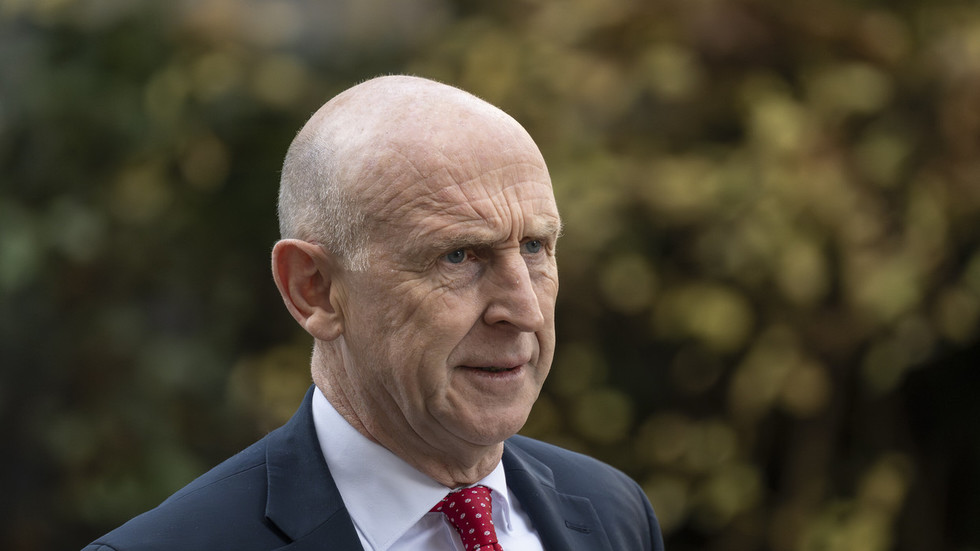Far-Right Influencers Andrew and Tristan Tate Sue Meta and TikTok for Banning Their Accounts
Andrew Tate, a self-described misogynist and far-right influencer, and his brother Tristan Tate, have filed lawsuits against Meta and TikTok for banning their social media accounts in 2022. The brothers, who are former kickboxing champions and face multiple charges of rape, human trafficking, and sexual assault, claim the social media giants defamed and unlawfully “deplatformed” them.
According to reports, Andrew Tate was originally banned from Meta for violating its policies on “dangerous organizations and individuals.” TikTok and other social media platforms followed suit, citing similar reasons. A TikTok spokesperson stated at the time that “misogyny is a hateful ideology that is not tolerated on TikTok.” The company emphasized its ongoing efforts to remove violative accounts and videos and strengthen its enforcement against such content.
The Tate brothers were also banned from X (formerly Twitter) but were later reinstated after Elon Musk acquired the company. Andrew Tate currently boasts 10.7 million followers on the platform, while Tristan has 3.4 million. Before their bans in 2022, the brothers had millions of followers on TikTok, Facebook, and Instagram.
The lawsuits, filed in the Los Angeles County Superior Court, accuse TikTok and Meta of waging a “coordinated campaign to suppress, silence, and destroy the reputations and livelihoods” of the brothers. The suits seek more than $50 million in damages from both companies. The filings claim that the alleged campaign involved not only private actors but also government officials, media operatives, and ideological pressure groups, effectively transforming Meta into a state actor for purposes of constitutional liability.
Meta and TikTok have not immediately responded to requests for comment. The lawsuits do not mention YouTube, although the brothers were also banned from the platform in 2022.
The case highlights the complex and often contentious relationship between social media platforms, free speech, and hate speech. As social media giants continue to navigate the fine line between regulating content and protecting users’ rights, high-profile cases like the Tate brothers’ lawsuit are likely to set important precedents for the industry.
With millions of followers across various platforms, the Tate brothers’ influence extends far beyond their online presence. Their self-described misogynistic views have sparked concerns about the impact on younger audiences, with some experts warning that their rhetoric can affect what kids believe about relationships.
As the lawsuits progress, it remains to be seen how the courts will balance the competing interests of free speech, hate speech, and the rights of social media platforms to regulate their own content. One thing is certain, however: the outcome will have significant implications for the future of online discourse and the boundaries of acceptable speech on social media.


